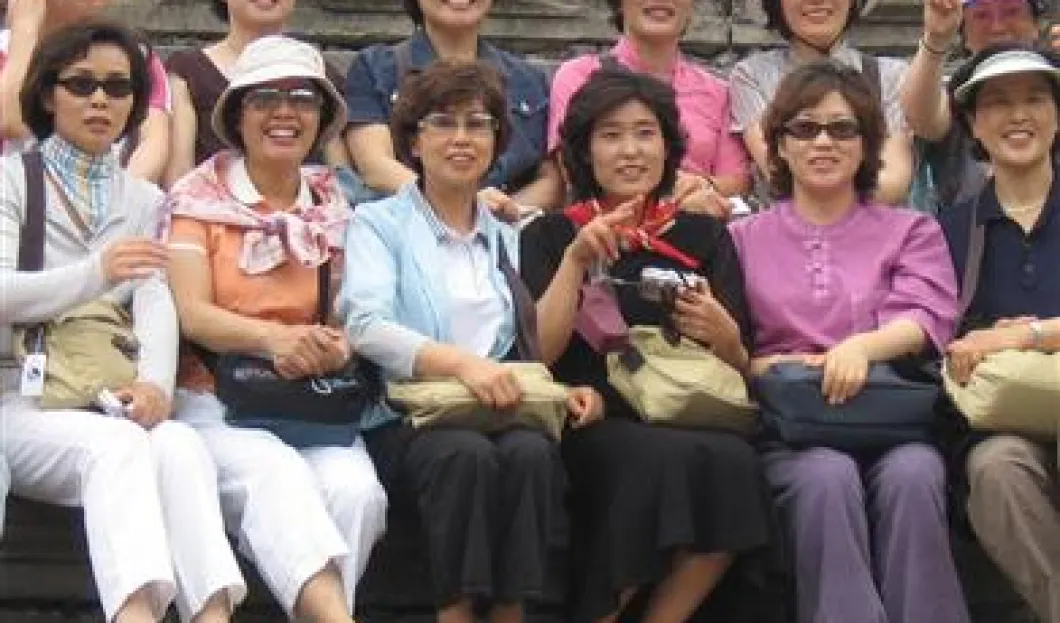
The stream of Chinese visitors to Canada has thickened, thanks to Canada's Approved Destination Status (ADS). The amount of Chinese visitors in Canada increased to more than 273,000 in 2012, which is a 15.5 percent increase from the 2011 figure of 236,700.
These figures, released by Canadian Tourism Commission (CTC) just recently, show that China is quickly becoming a major market for the tourism industry in Canada since the ADS designation back in June 2010.
Canada gained greatly from last year's visitors from China. The tourists stayed for 29.8 nights on average and spent a total of 485.5 million Canadian dollars (USD 466.7 million). The figures also amounted to a year-on-year rise of 19.2 percent.
Interestingly, the number of Chinese visitors to Canada has surpassed those coming from traditionally important markets, lying only slightly behind numbers from Germany (276,600). The other leading Canadian tourism markets, apart from the USA, are still UK (597,000) and France (422,800).
The numbers of Chinese visitors to Canada are expected to rise in the next few years as many Chinese people are keen to travel for adventure overseas. According to CTC's senior vice-president, Greg Klassen, these figures are quite inspiring since they show increases both in volume of tourists and income generated from their visits.
The number of Chinese tourists going abroad is expected to hit 100 million by 2020 and Klassen hopes that Canada can get a good portion of this through deliberate effort. CTC has been ensuring that the process of Visa application is not as strenuous and lengthy as it used to be by liaising with the Canadian Embassy in China, but Klassen feels that more marketing and development of the tourism sector to offer a more thrilling and animating experience may attract more Chinese tourists.
"The figures can double in five years if we put in more work. Chinese visitors look for more exciting experiences abroad, which Canada can provide. Moreover, we have a competitive advantage over a number of Chinese tourist destinations because 1.4 million Canadians are Chinese in descent. For us, therefore, it is just a matter of making the shopping, hotel and restaurant support more Chinese-friendly especially through integrating Mandarin language," he said.
Vancouver and Toronto residents largely speak Cantonese, but Mandarin has gained a bit of ground owing to the increased numbers of Chinese immigrants in Canada. Apart from overcoming language barrier, Chinese visitors also need home-based TV programs; something that Klassen says has been included in major tourist hotels.
The World Tourism Organization reports that around 83 million Chinese tourists travelled abroad in 2012 and spent 102 billion US dollars, which is more than what the Germans, who are usually the largest spenders in overseas travels, spent. Chinese tourists spend more on prestige and luxury items that they usually find more affordable abroad than at home. Like other Asians, the Chinese usually save huge sums of money for international vacations and will usually spend that money on acquiring luxury goods. So, it is not surprising that the average Chinese tourist to Canada in 2012 spent around 1,777 Canadian dollars.













